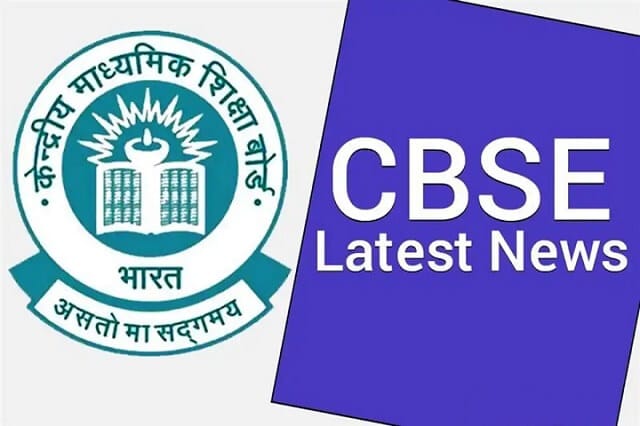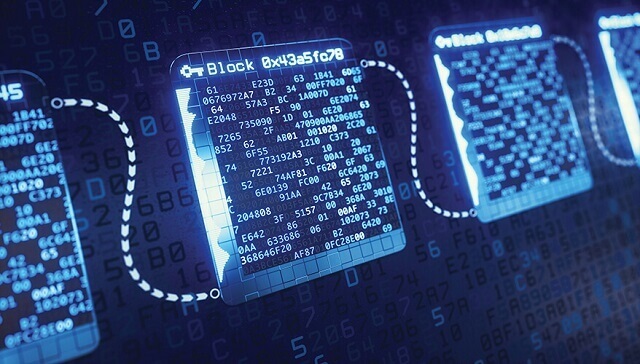In the blockchain technology in CBSE, data is recorded within the chain on the basis of consensus of the participants and is simultaneously replicated across all locations within the network that is distributed by Blockchain nodes. This removes the need for an outside party to verify the data.
Blockchain Technology in CBSE
In an effort to be paper-free and to ensure the board’s results are secure and safe from tampering The Central Board of Secondary Education (CBSE) has launched ‘Blockchain technology.
In an interview with ANI this Sunday CBSE Director for Information and Technology Antriksh Johri stated, “Blockchain implementation has been done by CBSE. Earlier Artificial intelligence (AI) and Machine learning (ML) was introduced for affiliation systems. Here, the data is linked and stored with cryptographic security so that it is immutable and traceable.”

According to CBSE Director, this will serve as a single source correct data for verification for students going for higher education or employment. CBSE has partenered with the National Informatics Centre under the Ministry of Electronics and Information Technology (MeitY) for development of the “Academic (BlockChain) Documents program.
The information from the last three years, beginning from 2019, is being recorded in this and other data from earlier years will be added slowly. In the year 2016 CBSE became the very first institution to create its own repository for academics known as “Parinam Manjusha.’
What is Blockchain Technology
As its name suggests, Its a chain of Blocks. A block is a file which has all information in encrypted form linked with each other in a distributed ledger.
Blockchain Technology is a kind of system where recording information is done in a way which makes it impossible to change, hack, or cheat the system.

How Blockchain Technology Works
Blockchain technology stores data in a ledger that is distributed that is owned by all stakeholders who are part of it. The data is recorded on the chain on the basis of consensus of all parties involved and then replicated simultaneously at all locations within the network that is distributed by Blockchain nodes. This means that there is no need to rely on an outside party to verify the data.
Also Watch:
Conclusion
India is slowly adapting the new technologies. Blockchain Technology in CBSE is one such example. There are many more integrations coming soon. Its the need of time to adapt new technologies as they are the future.


